Carl Zuckmayer
Birth : 1896-12-27, Nackenheim, Germany
Death : 1977-01-18

Theatre Play

Book
"The Devil's General" - A post war Germany pick up the involuntarily knowledge about the "black hole" of the 1950s.

Self - Interviewee
The film tells the cultural story of Berlin during the Weimar Republic through interviews with a number of persons who were involved in literature, film, art, and music during the period. It includes interviews with Christopher Isherwood, Louise Brooks, Lotte Eisner, Elisabeth Bergner, Francis Lederer, Carl Zuckmayer, Gregor Piatigorsky, Claudio Arrau, Rudolf Kolisch, Mischa Spoliansky, Herbert Bayer, Mrs. Walter Gropius, and Arthur Koestler.
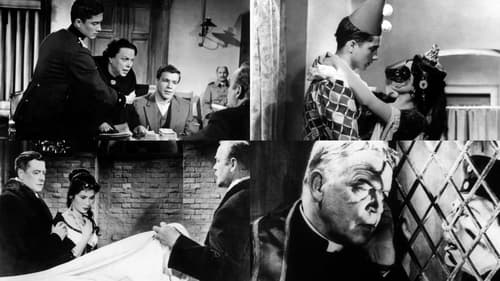
Novel
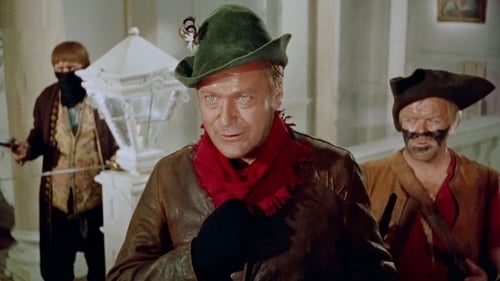
Writer

Theatre Play
The 1956 movie based on the theater play by Carl Zuckmayer based on the true story of cobbler Wilhelm Voigt who dressed up as a German military officer and, with the help of unsuspecting soldiers, took over the city hall in Köpenick and confiscated the city's purse.

Screenplay
The 1956 movie based on the theater play by Carl Zuckmayer based on the true story of cobbler Wilhelm Voigt who dressed up as a German military officer and, with the help of unsuspecting soldiers, took over the city hall in Köpenick and confiscated the city's purse.
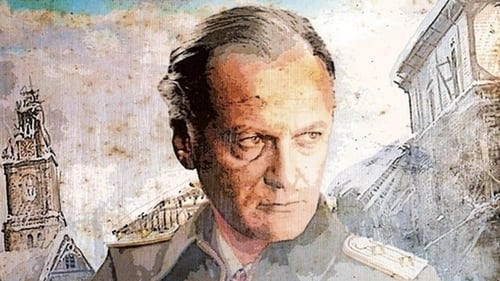
Theatre Play
Curt Jurgens stars as a courageous Luftwaffe officer. Jurgens loves the service, even though he barely tolerates the Hitler regime. Sickened by wartime Nazi atrocities, Jurgens renounces his government, and is imprisoned and tortured as a result. Once released, the general takes pity on a downtrodden Jewish family. This isolated act of kindness is a point in his favor when Jurgens stands before Satan himself for his final judgment. The Devil's General was based on an immensely successful postwar play by German author Carl Zuckmeyer.

Novel
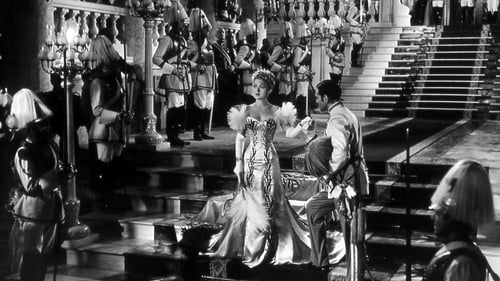
Scenario Writer
An Austrian prince's doomed love affair with a Czech countess sparks turmoil across Europe.
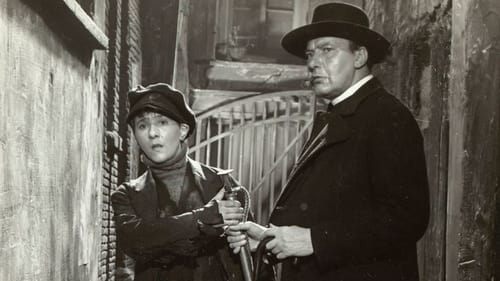
Writer
Twelve year old 'Boefje' spends most of his time in the alleys, on rooftops and in the harbor of Rotterdam. A local clergyman takes pity on him and attempts to teach him good manners.
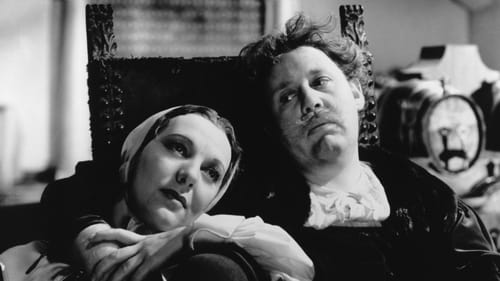
Writer
This character study joins the painter at the height of his fame in 1642, when his adored wife suddenly dies and his work takes a dark, sardonic turn that offends his patrons. By 1656, he is bankrupt but consoles himself with the company of pretty maid Hendrickje, whom he's unable to marry. Their relationship brings ostracism but also some measure of happiness. The final scenes find him in his last year, 1669, physically enfeebled but his spirit undimmed.

Writer
Based on the true story of a cobbler who bought a second-hand captain's uniform, assumed command of a troop of guardsmen, declared the town of Köpenick under military law, arrested the mayor and confiscated the town treasury.

Dialogue
Robby and Jim are two friends working in a circus. When Marina, a new acrobat, enters the show, both men will compete for her love. She needs a partner for a flying number, and one of them will be elected. Then accidents will happen.
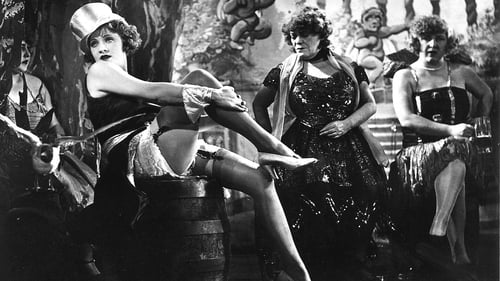
Writer
Prim professor Immanuel Rath finds some of his students ogling racy photos of cabaret performer Lola Lola and visits a local club, The Blue Angel, in an attempt to catch them there. Seeing Lola perform, the teacher is filled with lust, eventually resigning his position at the school to marry the young woman. However, his marriage to a coquette -- whose job is to entice men -- proves to be more difficult than Rath imagined.

Theatre Play
Katharina Knie is a 1929 German silent drama film directed by Karl Grune and starring Eugen Klöpfer, Carmen Boni and Adele Sandrock. It is based on the 1928 play of the same title by Carl Zuckmayer.

Theatre Play

Writer










